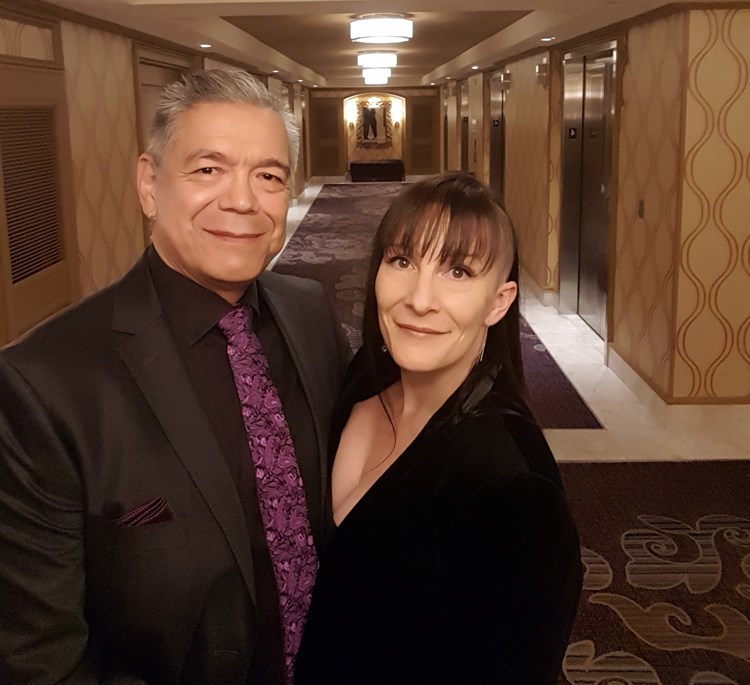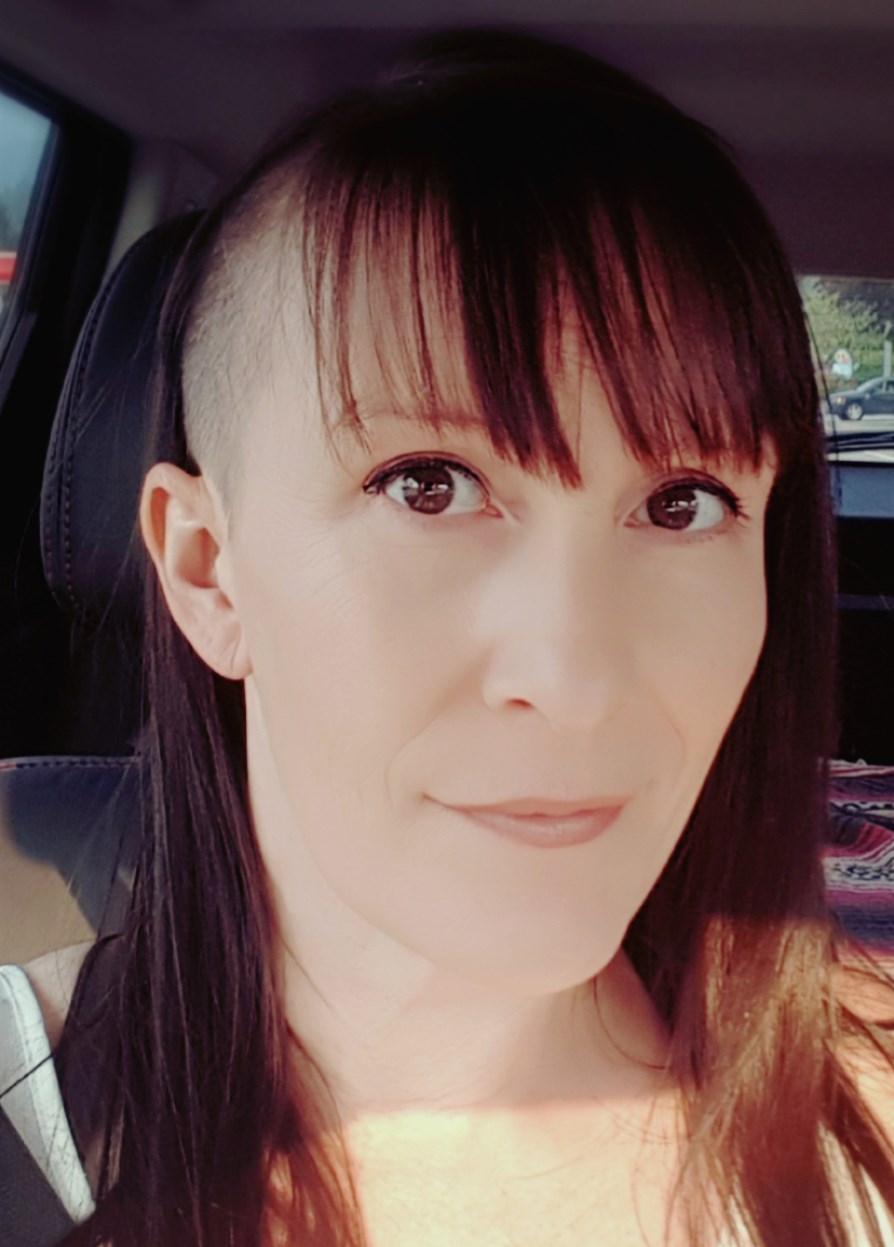When Monique Hurteau was invited to participate as a writer and director for a series of podcasts inspired by the National Inquiry into Missing and Murdered Indigenous Women and Girls, she had to consider deeply what it would mean to her. But her decision to take on two of the six episodes in the series, called The Truth Sharing Podcasts, ultimately came down not to her own emotions around this history, but the well-being of those who are being asked to share the most horrific memories of their lives.
"There are things that have happened that have affected generations and generations of people," said the Squamish filmmaker, visual artist and comedian. "I thought … maybe I can be somebody that can make that a little bit less challenging for them. I can try to be that soft place to fall, that gentle ear, that compassionate space, to be somebody that doesn't do any more harm … What I was doing wasn't hard-hitting journalism. I just want to be there, look into their eyes and know that I'm listening and be there for them."
The podcasts are difficult to listen to at times. Organized geographically to reflect the diversity of the Indigenous experiences in Canada, the podcasts allow those affected by the history of residential schools, institutionalized racism, violence and murder the opportunity to voice their own stories, largely unmediated. Hurteau's episodes cover British Columbia's "Highway of Tears" and the Prairies and Métis Nation.
Taking on this project required emotional as well as technical preparation.
"I said yes despite knowing how at-risk it would put me going into triggering situations and things that I knew would be really hard," said Hurteau, before clarifying: "Not that I, in any way, have been through the things that the families of missing and murdered indigenous women and girls have been through. But I've been through a lot of the things that Indigenous women and girls that are at risk have gone through."
As difficult as the truths in the podcasts can be to hear, Hurteau sees the series as a potential entry point for people who want to learn more about the subject but cannot immerse themselves in the massive final reports of the National Inquiry or the Truth and Reconciliation Commission. The target audience, she said, includes indigenous and, especially, non-Indigenous Canadians.
"I'd say probably mostly non-Indigenous," she said. "But also the Indigenous community as well because we don't always get to connect with each other because the country, the land, Turtle Island, is huge. It's a big place and to hear each others' stories and to feel that connection with other people [reminds us] that we are not alone in this."
Something she didn't expect to find in this dark history was the humour and laughter that sometimes emerged.
"There was a lot of laughter and there was a lot of hope, which is not what people might expect," she said. "The pain, the grief: it's in there. But then there's a lot of hope and I guess instructions or teachings within them."
That juxtaposition of pain and laughter is exemplified in Hurteau's own diverse career.
"Humour and laughter is medicine," she said. "It's a form of coping, it's a way of dealing with things, it's a way of finding your way through."

Hurteau met her husband, Lorne Cardinal, when he was hosting a standup event and she was a performer. Cardinal, who is perhaps best known to CBC viewers as Davis Quinton on the sit-com Corner Gas, has hosted and co-hosted the Indigenous Music Awards on multiple occasions. Hurteau has written his opening monologues and enjoys tucking edgy messages amongst the jokes.
"I would make him say things and I would get to hear the gasps in the audience sometimes," she said, laughing. "What I love about stand-up and about comedy is that it keeps people's sponges open. If you are able to roll sort of a subversive lesson within, people are much more likely to take it in because they're laughing, rather than somebody standing there wagging a finger… you can sort of sneak some stuff in there sometimes."
The Truth Sharing Podcasts can be found on iTunes, Spotify, Google Play, Stitcher, AnyPod and at www.sacredmmiwg.ca.




